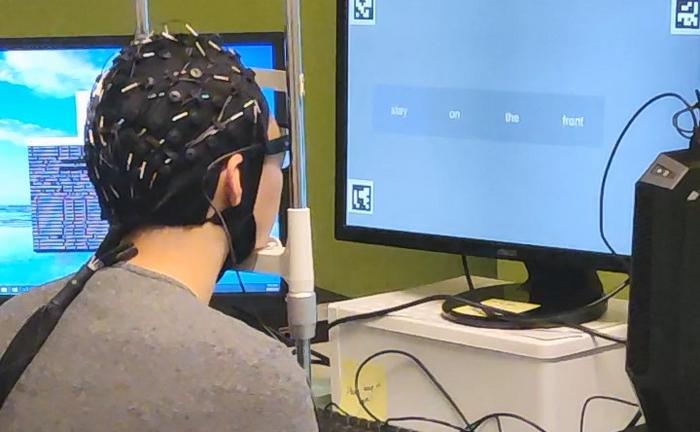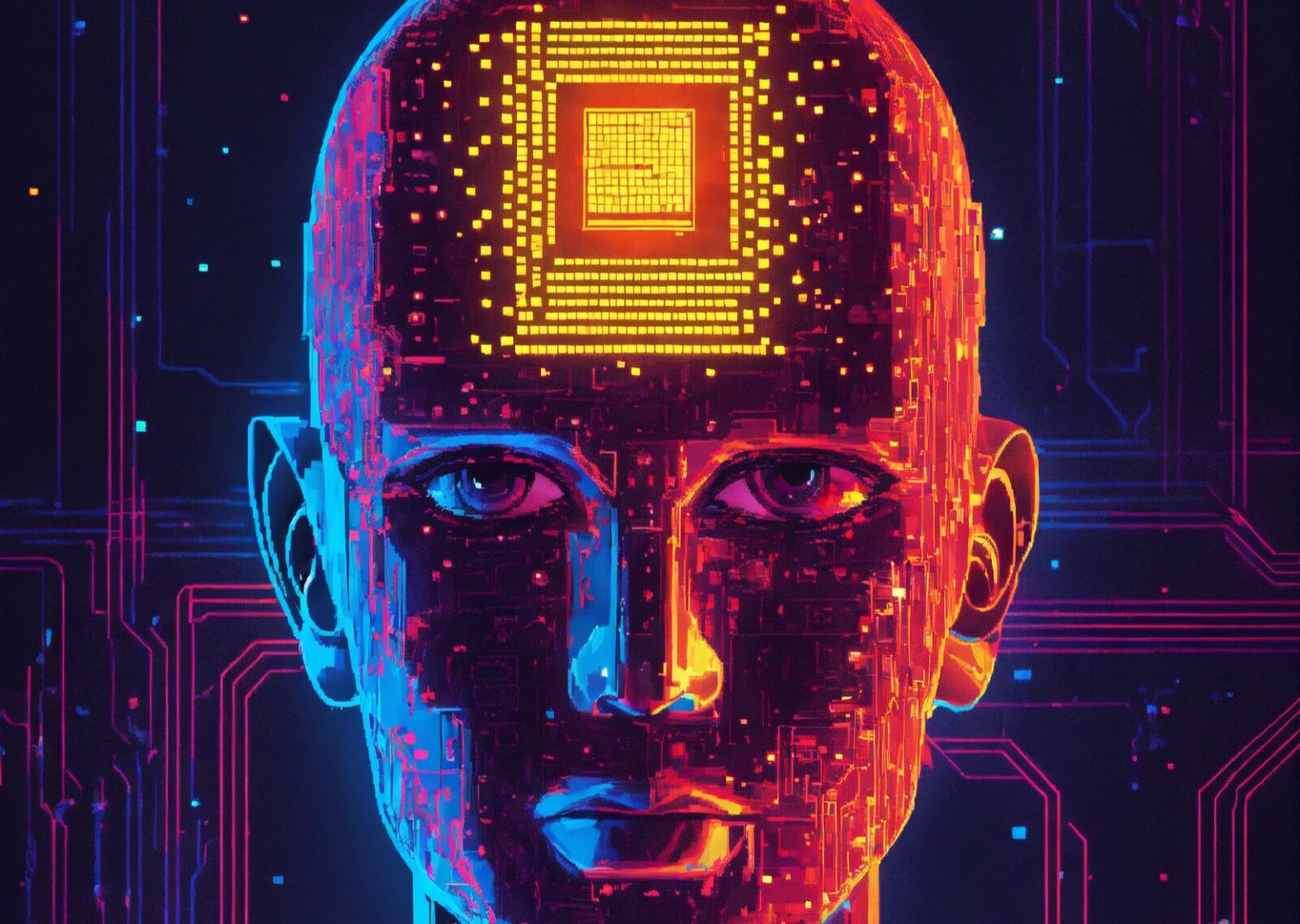In a groundbreaking development, Australian researchers have introduced a revolutionary Mind Reading AI system named DeWavePDF, capable of translating silent thoughts into text without the need for implants. The technology, presented at the NeurIPS 2023 conference, utilizes a non-invasive approach, requiring users only to wear a snug-fitting cap.
DeWave operates by recording users’ brain waves through an electroencephalogram (EEG) while they silently read. The researchers, led by computer scientist Chin-Teng Lin from the University of Technology Sydney (UTS), tested the system on more than two dozen subjects. Despite achieving just over 40 percent accuracy in initial experiments, this marks a 3 percent improvement over previous standards for thought translation from EEG recordings.


Unlike invasive methods that necessitate surgeries or bulky MRI machines, DeWave’s non-invasive approach opens new possibilities for daily use. The system’s integration with large language models, including BERT and GPT, demonstrates a pioneering effort in translating raw EEG waves into language.
The researchers acknowledge the challenges, particularly in translating nouns, where the model tends to produce synonymous pairs rather than precise translations. However, the system shows promise in aligning keywords and forming meaningful sentence structures.
RELATED – Will Robots Dream?
The study’s innovative use of a relatively large sample size addresses the variability in people’s EEG wave distributions, enhancing the reliability of the research. Despite the noise introduced when using a cap instead of implanted electrodes, DeWave’s EEG translation performance surpasses previous benchmarks.
The technology holds potential for aiding stroke and paralysis patients in communication and facilitating human-machine interaction, such as controlling bionic arms or robots. The ultimate goal is to enhance accuracy to around 90 percent, aligning with conventional language translation and speech recognition software.
This breakthrough in mind-reading AI, presented by the GrapheneX-UTS Human-centric Artificial Intelligence Centre at UTS, signifies a significant leap forward in neural decoding. The portability and non-invasiveness of DeWave make it a promising tool for various applications, from healthcare to human-machine interfaces. The researchers envision continued efforts in the translation of thoughts directly from the brain, driven by the rapid advancement of large language models.







Leave a Reply